Why INFPs and INFJs Are Drawn to Sad Things
“What is a poet? An unhappy person who conceals profound anguish in his heart but whose lips are so formed that as sighs and cries pass over them they sound like beautiful music.”
– Soren Kierkeegard, an INFJ
“Deep into that darkness peering, long I stood there, wondering, fearing, doubting, dreaming dreams no mortal ever dared to dream before.”
– Edgar Allan Poe, an INFP
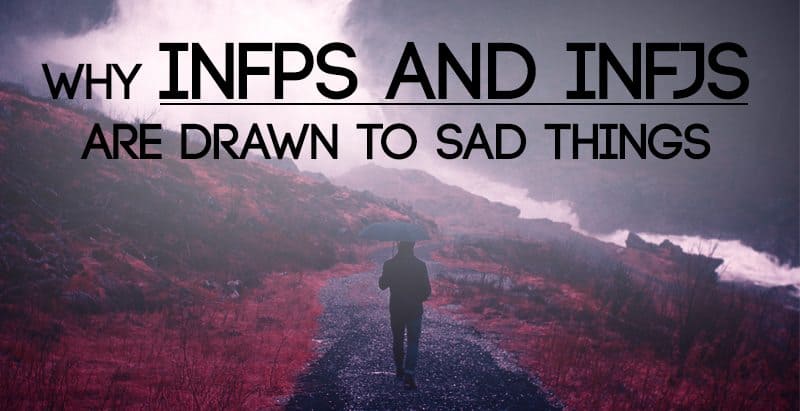
A broken shack in the middle of misty field. A lonely dying tree in a barren landscape. Tears. What draws INFPs and INFJs to these things? What makes darkness or despair beautiful to us? In the many years I’ve studied type I’ve come across hundreds of INFs who are inexplicably drawn to sad, desolate symbols and expressions. In fact, recently I’ve gotten a lot of questions from INFs who are puzzled by their own connection to the melancholy world. So I thought I would write about it here as a reference for anyone trying to understand.
I’ve always been intrigued by the question, “Are you attracted to sad things?” I’ve rarely asked anyone this question without getting a quizzical look in response.
“Attracted to sad things? What does that even mean?”
Yet if I ask an INF type this question, the majority will instantly say yes, as I did many years ago. They know right away that something about sadness is beautiful.
Not sure what your personality type is? Take our new personality questionnaire here. Or you can take the official MBTI® here.
P.S. If you want in-depth information on INFJs and relationships, careers, parenthood, and more check out my eBook: The INFJ – Understanding the Mystic.
This article contains affiliate links. I only recommend products I truly believe in.
But what makes sadness beautiful to INF types?
1 – Many INFs Relate to Sadness and Isolation

INFJs and INFPs make up a mere 3% of the U.S. population combined. It is rare that these two types find kindred spirits to understand them. Through the years I’ve spent talking to people from all types, it seems that a majority of INFs have spent their lives feeling alone, misunderstood, or forced into a mold that wasn’t true to their nature.
Many INFs see isolation, loneliness, and heartbreak and identify with it. They connect with that pain and find a cathartic relief in empathizing with it. In an expression of sadness and loneliness, the INF finds a true friend. For INFs who have felt alone and cut off from the world through much of life, a picture of a lonely, isolated shack can be a symbol of their longing and loneliness.
For INFs who have found companionship and connection in life, they are still drawn to the honesty and reality of sadness. They may feel inexplicably compelled to understand it, to empathize and to comfort.
Related: How You Process Emotions – Based on Your Myers-Briggs® Personality Type
2 – INFs Find Sadness Compelling

INFs are deeply concerned with those who are hurting. Both INFPs & INFJs show strong tendencies towards careers in psychology and counseling (per the MBTI® Manual, Third Edition). They are both highly empathetic types, and while they may experience emotions in different ways, they both desire to “walk in another person’s shoes” and feel their pains and struggles as their own. They have no interest in a sugarcoated life or what’s on the surface, both seek to gain a deeper more intimate understanding of the deeper longings and struggles of humanity.
“Most people try to hide their sad stories. But I want to hear, I want to know. There’s an element of truth that can only be found in a story that is full of heartbreak. I want to know about the struggles my parents have faced, my friends have faced. There’s a beauty embedded in those stories; a raw, humble, broken humanity in it. When we shed all our pretention and our egos and reveal our brokenness, that’s something I think is beautiful.”
– Melissa, an INFP
Related: Understanding INFP Feeling
Related: Understanding INFJ Intuition
3 – Sadness Connects Us All
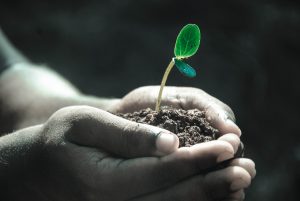
INFJs and INFPs are true introverts, yet as feeling types they long to have meaningful connections with other people. However, the depth they crave in relationships is often hard to find. In sadness they see a unifying vulnerability that they can relate to and grasp. They feel that being with others in their grief and struggles brings them closer and forms a deeper bond.
“I am attracted to sadness. I want to listen to people who are sad, and I want to feel it myself. I have had a difficult life and I’ve been through a lot of pain, and I want to understand what other people suffer. I see beauty and strength in sadness and survival, and I want to help people through it. I want them to know they’re not alone.”
– Cassandra, an INFJ
Related: 4 Reasons Why INFJs Struggle with Loneliness
4 – INFs Like to “Feel”
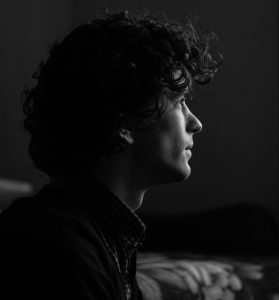
INFs like to empathize. They like to immerse themselves in emotions. Just as the SP feels good when they take an exciting new risk, or the SJ feels good when they put things in order, the NF enjoys feeling, empathizing, and understanding. Does this mean they constantly want to be inundated with negative emotions? No. While they are typically good listeners who enjoy being there for people, they also can become emotionally overwhelmed if they are constantly taking on other people’s emotions. They feel fulfilled when they can listen and connect with struggling people, but they have to do it in moderation. Sometimes they enjoy simply connecting with melancholy art forms or an idea that evokes strong emotions. They like to escape into a sad song or movie, a sad book or painting. Being able to privately feel and connect with the emotions in a story or piece of art simply “feels good” to a lot of them.
Related: The Childhood Struggles of INFPs
Related: The Childhood Struggles of INFJs
“But I don’t like sad things and I’m an INF”
There are certain generalities about personality types that don’t apply to everyone. For every 8 INFs who are drawn to sad things, there will be 2 who prefer the cheerful parts of life and find sadness overwhelming. I’ve also spoken with ENFPs, ISFPs, and ENFJs who are drawn to sadness, although not as frequently as INF types. It’s okay if you don’t feel a connection to this article; it doesn’t mean you’re mistyped.
Meet Your Potential As an INFP or INFJ!
Discovering You: Unlocking the Power of Personality Type, The INFJ – Understanding the Mystic, The INTJ – Understanding the Strategist, and The INFP – Understanding the Dreamer. You can also connect with me via Facebook, Instagram, or Twitter!
What Do You Think?
Are you drawn to sadness or do you find it unsettling? Let me know in the comments!
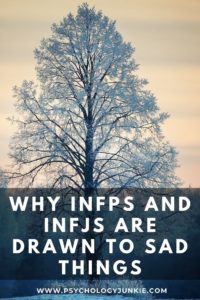
Get Your Free INFJ eBook
As a thank you for subscribing to my newsletter I will send you this free eBook PACKED with self-care tips, creativity hacks, and more! You'll also get a 3-day email course for understanding your personality type better!


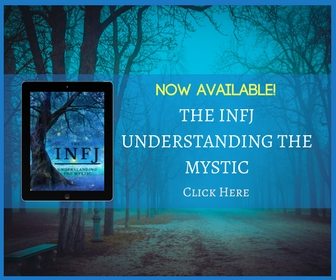
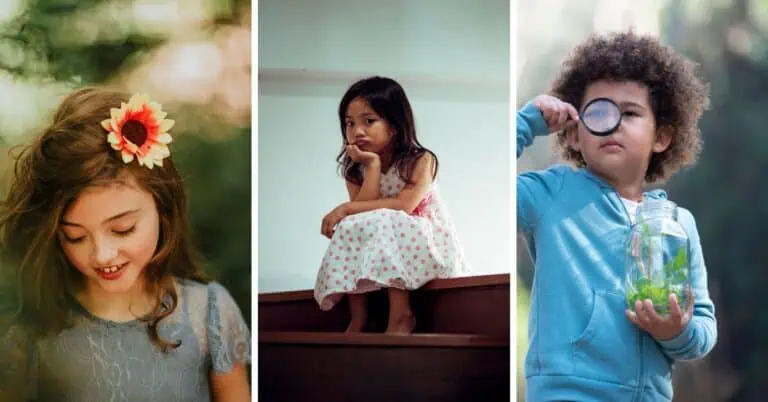
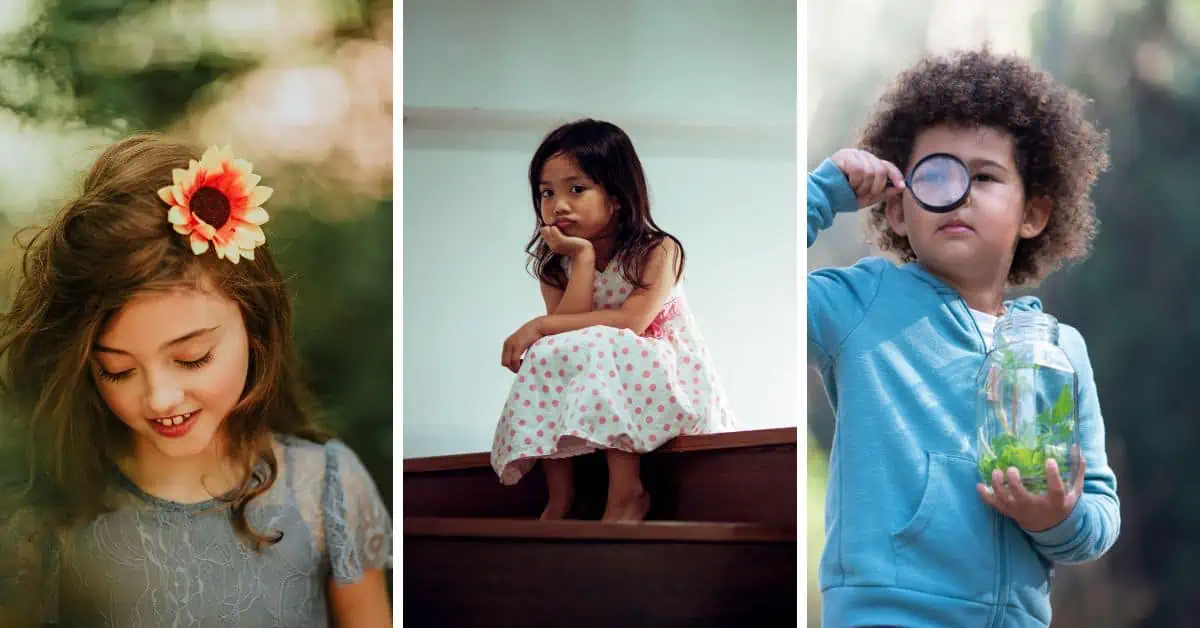
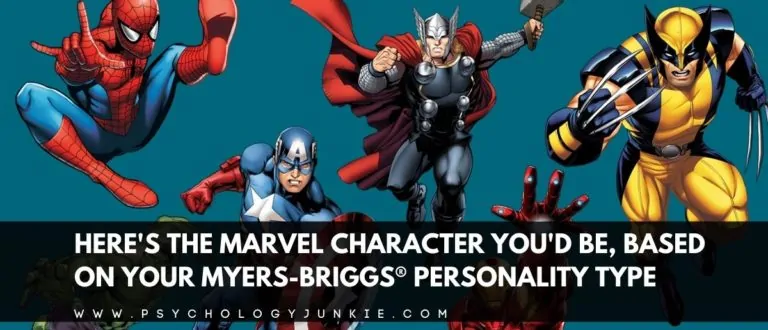
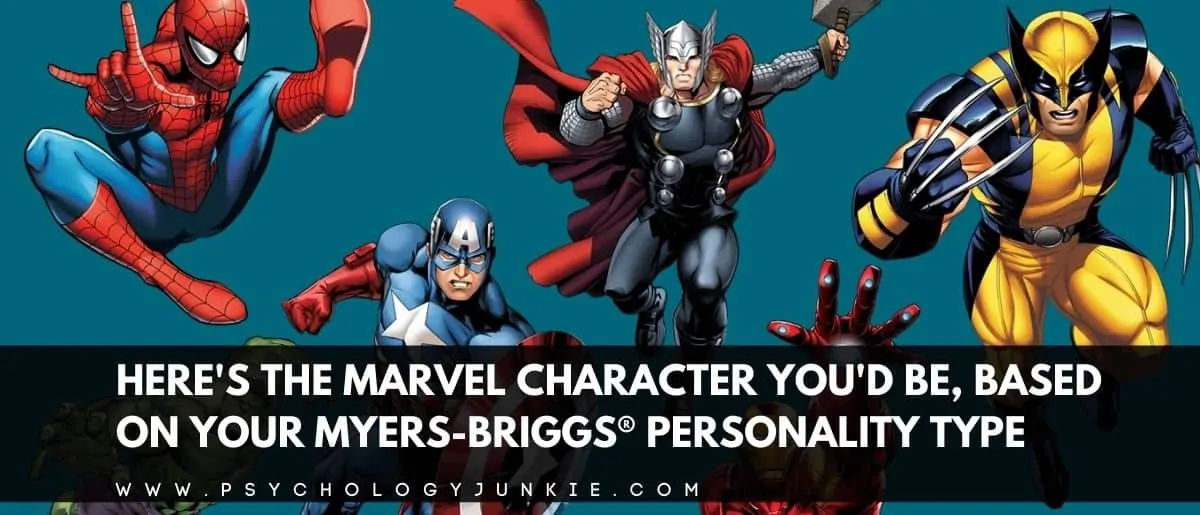
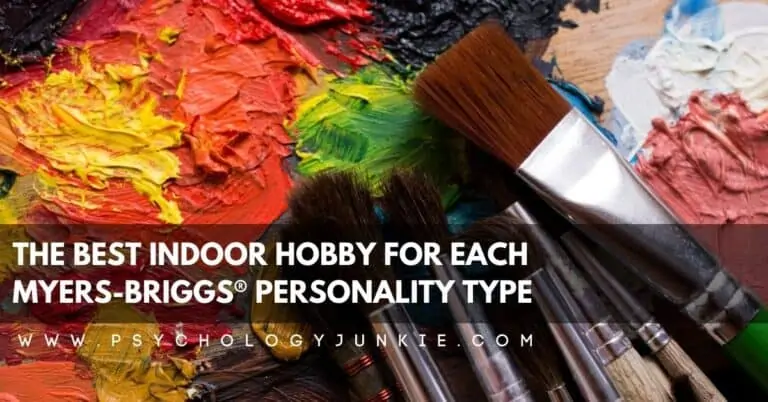
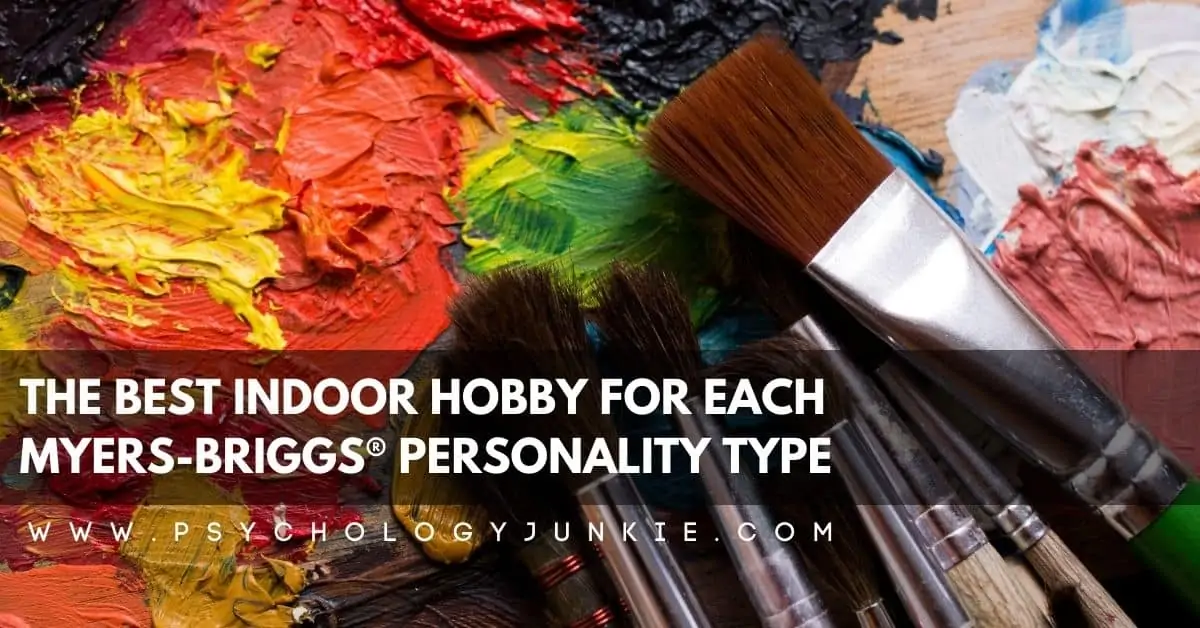
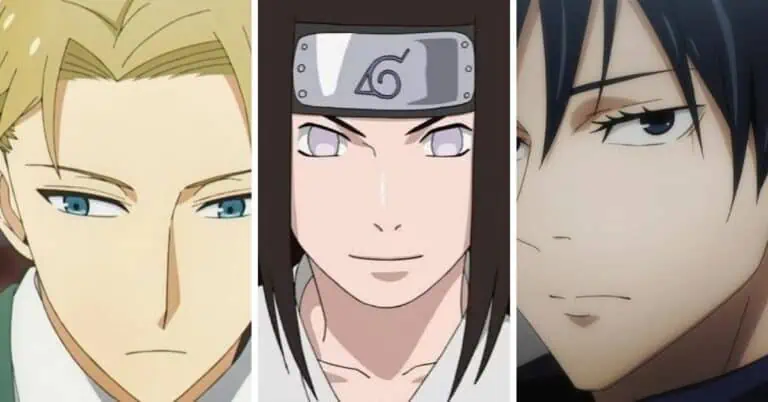
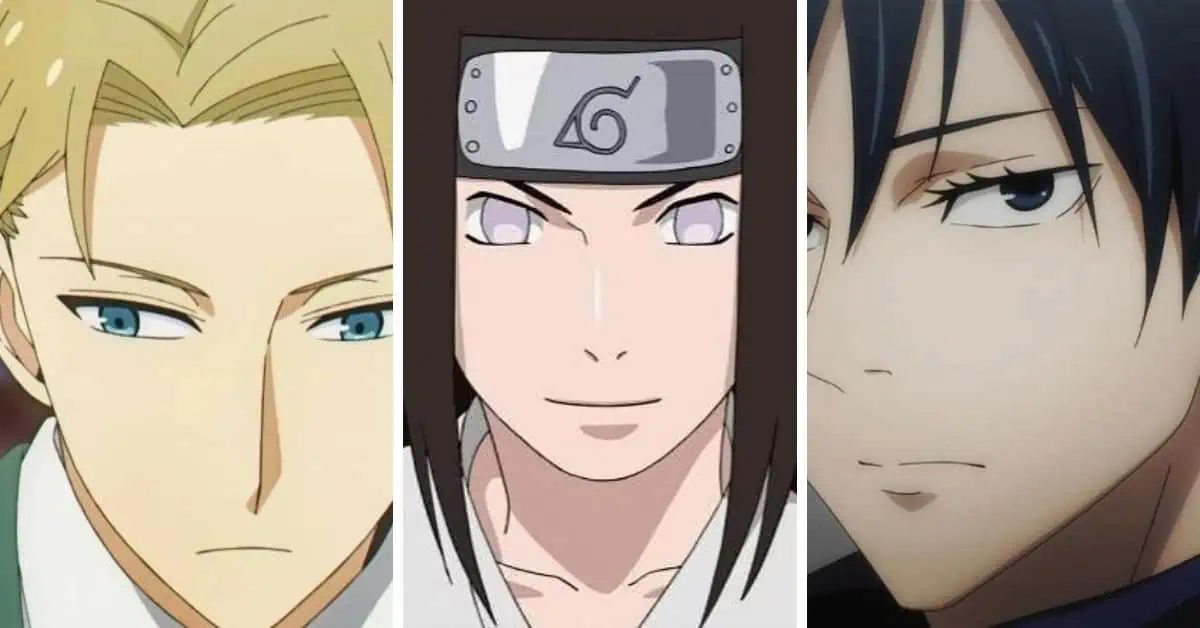
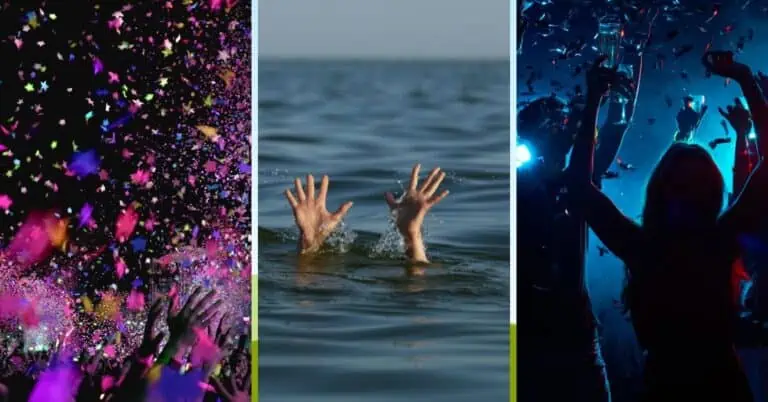
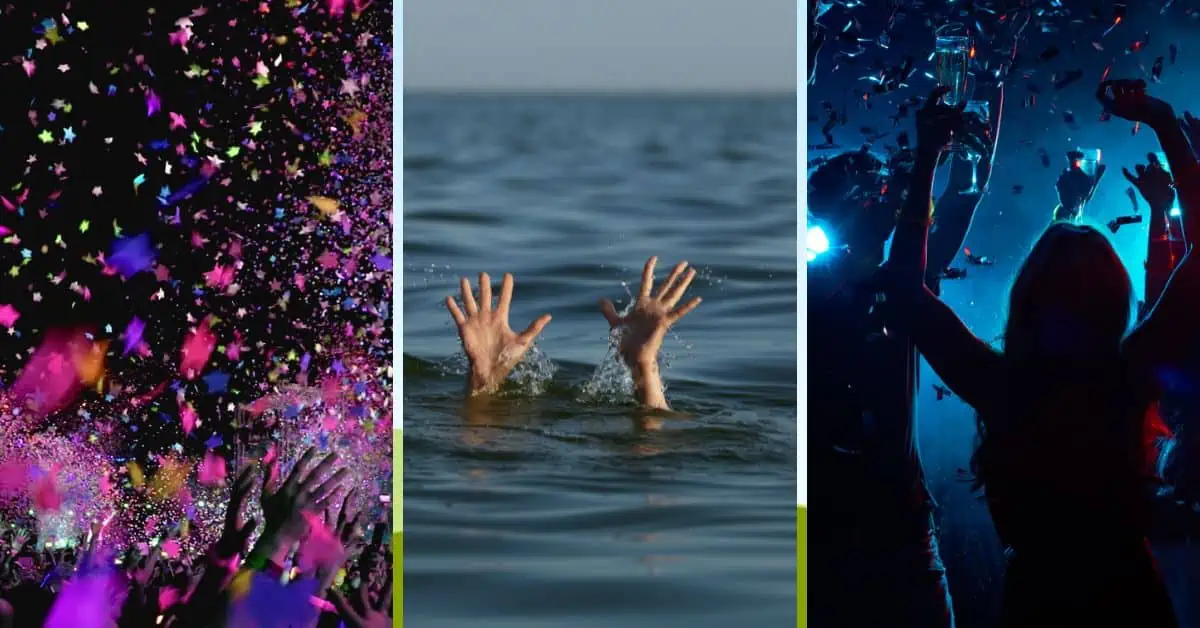
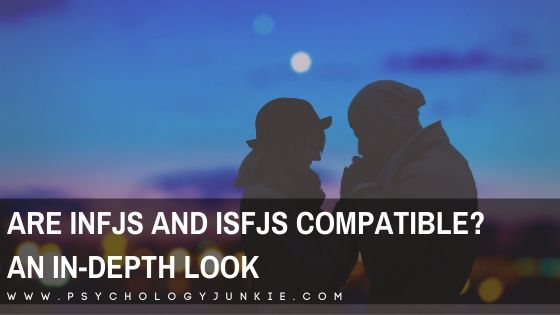
I may have married a man to put myself in an offer-situation. Does it make any sense to you? I am an INFJ and longing for a deep and honest relationship but maybe I was seeking loneliness and sadness unconsciously. My husband has a chronic illness with moderate pain which makes him quite an unpleasant (not really nice) family member most of the time. His mood has ups and downs but mostly downs. I have endured this patiently and lovingly the last 30 years but I can barely keep on doing it anymore. He says that I have no empathy at all and it can be real for him because I often avoid him and immerse myself in different projects when I am home.
I love sad things. I usually say that I like when life is sweet and sour at the same time. Sadness makes me soft and beautifully emotional on the inside. I loved characters in fiction books who needed to bury their true feelings and suffered a lot. This is what I have been doing in my whole life. This is surely not a healthy INFJ thing though.
Dear Nausikka,
I want to start this off by saying. You are one HUNDRED percent normal and valid. Your emotions and feelings are NORMAL and valid!!! It can be hard to remember at times but it is so true, Ok?. I am so sorry that you are not feeling understood or connected with your husband right now. However, this does not mean YOU have a problem. There are people out there that we cannot connect with, there are people we can connect with, and sometimes it’s hard to get thoughts across. It happens to everyone. I am the same as you with the sadness thing, you aren’t alone in that! In fact as this article states so many people feel that way, and they don’t have to be infp or infj! Everyone is different in what makes them happy (or any emotion because emotions are hard to pinpoint, it can make you feel a mix of sad-happy-longing-empty-alone-excited or whatever) and it doesn’t make you abnormal or weird in the slightest. Trust me. There are people out there that ARE the same as you, you are most definitely not alone, and I’m not saying that to comfort you, it’s actually the truth. There are people out there looking for friends that they can connect to emotionally and just vibe with, they’re looking for people like you. I can most definitely tell that you are someone I’d want to be friends with. You are caring, thoughtful, introspective, and supportive and I can tell that simply just from your comment. You are a gem that everyone needs in their life; and your husband not really connecting with your emotions or anything on that lower level that is really important to you is NOT the end of it. It doesn’t mean you’re hard to connect to. It simply is something between you two. It DOESNT mean however that there’s something wrong with you or him. It just means you two are not similar in that part of your personality which is normal, again! I think you should join a support group (not because you have a problem, but just because support groups are safe spaces where there is comfort and support and relating to others) or just look online for groups maybe in your area that you could join and talk to people on. Maybe there’s a group in your neighborhood that sits on benches and just talks about things (there is in mine). There are many opportunities to meet new people, but you don’t need to feel rushed either. I’m not expecting you to make the best friends ever by tomorrow (not saying you can’t) but remember, you’re in control of your mind and only you! You are strong and capable. I am SO FREAKING PROUD OF YOU!!!!! Best wishes, Lila ❤️????????????
I’m an aesthetic, I often see beauty in the pain and struggle
Yes, I am definitely drawn to sadness. Other people don’t understand why I like movies that don’t necessarily have a happy ending, and neither did I until I read this article. I think I am drawn to sad things more than I thought I was, and I definitely feel other people’s pain. Just seeing another person crying, or thinking of another person crying, makes me cry. I am also very much drawn to abandoned places and things wondering what the happened there before it was left to deteriorate and then I can’t help but imagine different scenarios of it’s story.
I feel exactly the same! There’s something mysterious and intriguing about those abandoned and quiet places that draw me in, I’m not sure what it is but it’s beautiful! I’m glad we can both relate together! -Lila
I wholeheartedly agree. It feels comforting to know someone shares these feelings. When recently asked what movies I like, I replied: “romance, drama, action, but usually they’re sad. I guess I like to be depressed.” I then had to follow up with examples and an explanation. It’s hard to explain to other people why I cry when I see someone else cry.
Wonderfully true! I always thought myself to be a bit odd, often going out of my way to feel sadness and pain, vicariously through my favorite TV series or films. As a kid, it was mainly through books. But once I learned to embrace that part of me, I was all the better for it. We INFJs are emotionally rich; it’s part of what allows us to deeply understand others (even when we don’t necessarily choose to!). I believe, the choosing of sadness via favorite TV series is a controlled and comforting way of processing my very colorful, and at times darker, emotions. Sometimes my favorite characters even feel like dear friends… of course, not in a out-of-touch way. Mostly, just in a therapeutic way.
I’m an INFP and I lost a very dear loved one awhile ago, but it feels like I’m subconsciously still in shock of the loss. I still find myself crying when this was so long ago and I’ve told myself to move on because I’ll see them later, if God permits. But, since the loss, there is has been so much good happening in my family, lately. Like, I feel like I’m getting closer to that person every day. Time just flies. The loss was my mom and she died of cancer. I really hope that whoever is still grieving, please know that they are watching over you, guiding you, and that God is always here, with His loving arms open until you are ready to continue with your life.
I believe it to be 2 things as well:
1) They are more introspective than other types and tend
2) and I believe this to be a very big factor: I have a theory that some people evolve into INFJ and INFPs due to trauma – and that their true type only can be revealed through extensive therapy. The INFJs and INFPs ability to mirror/absorb a feeling so intensely that they almost to a psychic level are able to know what other people feel is a survival mechanism for people that have experienced trauma in childhood. So is extensive listening to a point where you don’t disclose anything about yourself (in order to project yourself from criticism). These 2 things are characteristics of some ways of reacting to trauma. It’s Pete Walker who describes this in his book “Complex PTSD” – a book that is helpful for all people who have experienced childhood trauma, whether or not they are diagnosed with PTSD.
This is interesting. I like how you connected the two literature resources. If gives an infp a bit of relief to have more inner-exploration of myself to ponder on- since I love to do that. I am a deep thinker of the self and the world around me.
I think this is why I’m attracted to Cluster B.
Their wounded child behind the mask makes me want to comfort them, put a band-aid on their wounds. But, more profoundly, their lack of empathy causes my “Fe” radar to not work overtime, it’s nice to not get interference sometimes, and their emptiness, actively avoided by being always in the present moments is a huge relief from my overthinking. I long to live on a desert island sometimes.
INFJs are designed to deal with Cluster Bs, we have traits that are naturally defensive towards them: Door Slam is the same as going “no contact”; INFJs are hard to get to know so it’s harder to manipulate us if you don’t know us very well; our introspection makes us understand who we are – we intimately know our own strengths and weaknesses so it’s almost impossible to “gas light” us; we are highly self-reliant so trying to do a “smear campaign” will only be beneficial for someone that values their alone time. INFJs have excellent people skills, psychological warfare is something you don’t want to engaged with a triggered shadow INFJ. Plus, we are excellent at spotting predatory behavior.
A mature INFJ that enhances their boundary skills (“harmony” seems to make us late bloomers at mature boundary functions), finally…learns to avoid them.
People can complicate things, that’s why being on a desert island is one of my re-occurring day dreams….
Recently, I was telling my family that I am drawn to Willow Trees. I cannot explain it, but I relate to those lonely, droopy, yet strong trees. It is weird and something I cannot explain. Thankyou so much for your article. Jesus too was the “man of sorrows.”
Surely it’s fairly simple – if you are aware that people will all die, that no one here now will be here in 200 years, that everything around you will disappear and be replaced, and that, in the end, everything is dust be blown around in different patterns …. well, that’s quite sad. That all human endeavour and achievement is so poignant, because it’s basically pointless – unless you help someone else, or make a connection, or something, and have some other momentary impact. But even that disappears.
If you are aware of that, then it is all sad. So sadness becomes more than just not-happiness, it’s more pervasive and, in a way, more real. More lasting. It becomes about what you pass on, and what you don’t pass on.
And not all types really connect with that.
Ben, you put words to something that I have always felt, but could never find the words to say.
Yes, indeed. All of that.
I think this may also represent the INFs that are type 4s as that is one of the main traits of type 4s the melancholia and fixation on sadness etc. and there is apparently a strong correlation with type 4s and INFJ/INFPs MBTI types. That could also explain why some don’t identify that way as not all INFs will be type 4s specifcally.
I am an INFP, and I am positively drawn to sadness. From Edgar Allen Poe’s “Annabelle Lee” to Bronte’s “Wuthering Heights,” from the death of Ophella in “Hamlet” to the demise of our star-crossed lovers in “Romeo and Juliet.” As you can tell, I earned a BA in English and taught high school English for 33 years. Steeped in sadness my whole life.